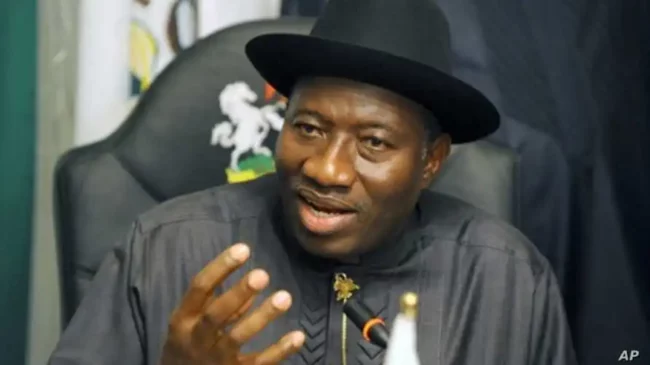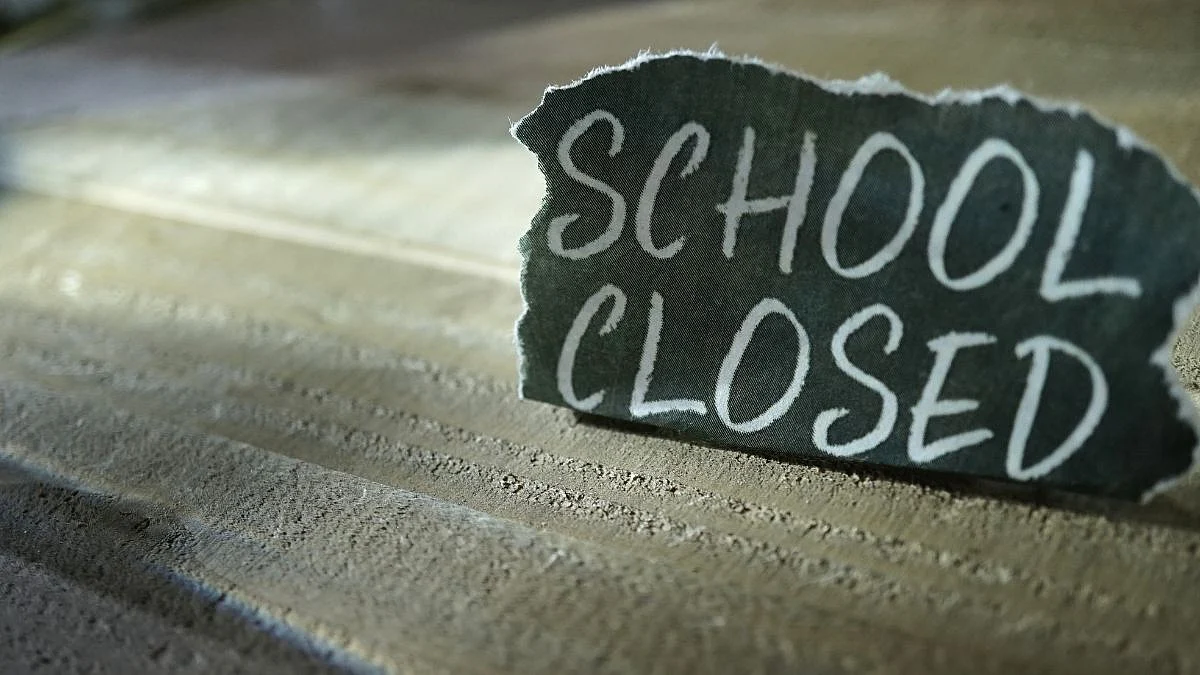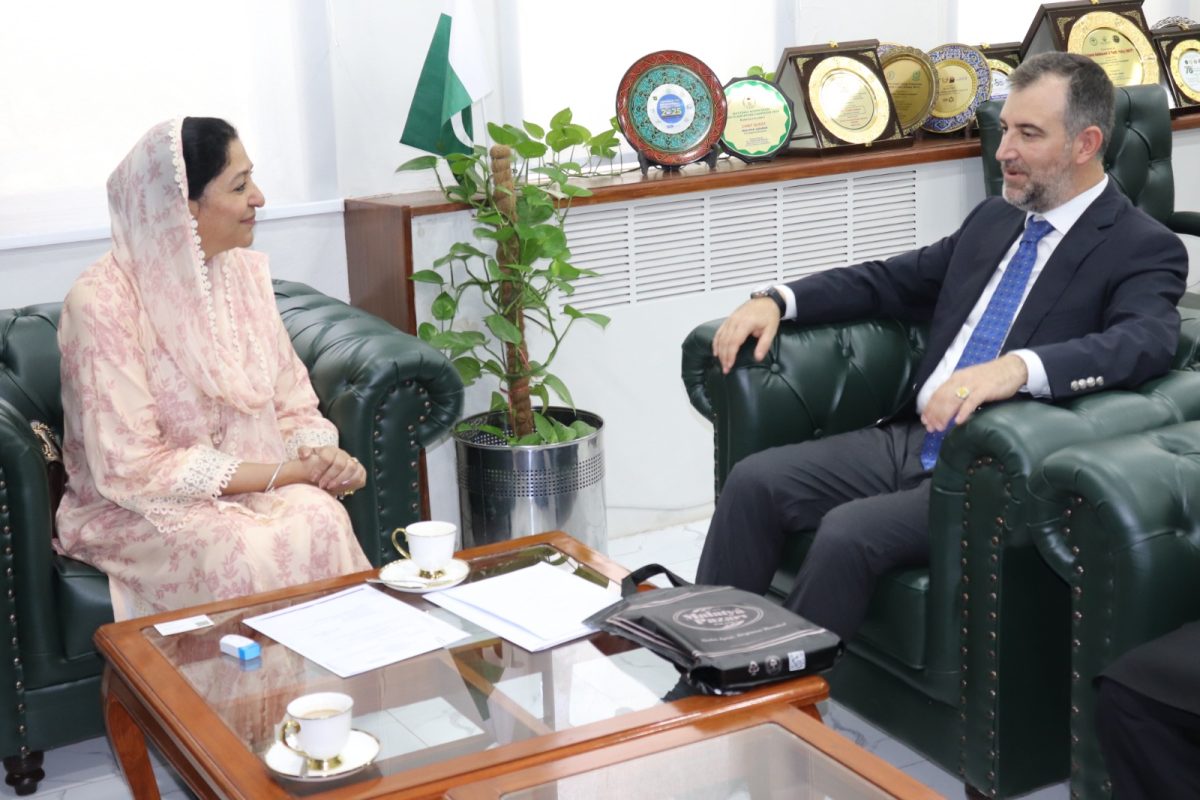By Israel Arogbonlo
Copyright tribuneonlineng

Former President Goodluck Jonathan has stated that any leader who fails to perform should be voted out of office if proper elections were conducted.
Speaking at the 2025 edition of the Goodluck Jonathan Foundation (GJF) Democracy Dialogue in Accra, Ghana, Jonathan described electoral manipulation as one of the biggest threats to democracy in Africa, warning that unless stakeholders come together to rethink and reform democratic processes, democracy itself may collapse on the continent.
Jonathan emphasised the need for a democratic system that guarantees a better future for the children of Africa, where their voices truly matter.
ALSO READ: EXPLAINER: Is Sowore’s ‘criminal’ comment against Tinubu punishable offence?
He highlighted how electoral systems are often manipulated to allow leaders to cling to power by all means, despite poor performance and the will of the people.
“If we had proper elections, a leader who fails to perform would be voted out,” he said.
He added that African citizens want their votes to count and seek equitable representation, inclusivity, good education, security, healthcare, jobs, and dignity—basic needs that many leaders have failed to provide, leaving the populace disillusioned.
The former president also spoke on the encouraging rise in youth participation in governance but stressed the importance of combining youthful energy with the wisdom and experience of older generations for effective leadership.
The event saw contributions from other prominent African leaders, including Ghana’s President John Dramani Mahama and former Nigerian President Olusegun Obasanjo.
Mahama warned that democracy in Africa would not survive without active efforts to protect and strengthen it.
He called for a reset in democracy and governance to ensure accountability, noting that citizens are tired of corruption, misgovernance, and lack of opportunities. Mahama underscored the critical role of institutions, development, education, and a free press—calling media “democracy’s immune system”—in sustaining democratic governance.
Obasanjo, who chaired the event, described the current democratic practices in Africa as unsustainable and in urgent need of reform.
The dialogue also featured remarks from the President of the ECOWAS Commission, Dr. Omar Touray, and Bishop Matthew Hassan Kukah of the Sokoto diocese, among others, all of whom agreed that democracy must go beyond elections to encompass accountability, service delivery, and discipline.
The Goodluck Jonathan Foundation Democracy Dialogue reaffirmed the shared conviction that for democracy in Africa to thrive, reforms must ensure that leaders remain accountable to the people and that democratic institutions are strengthened to deliver peace, development, and opportunity for all.



